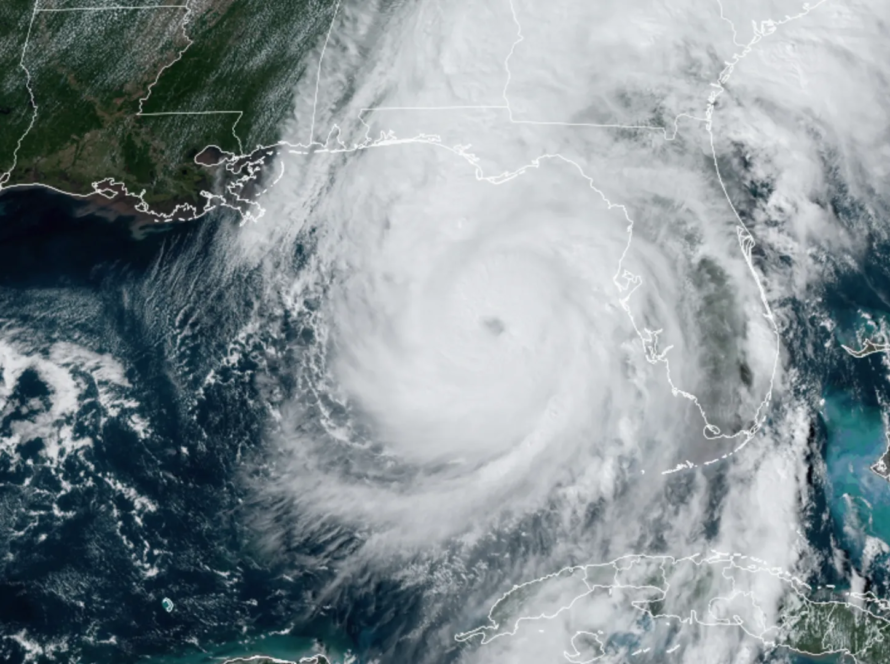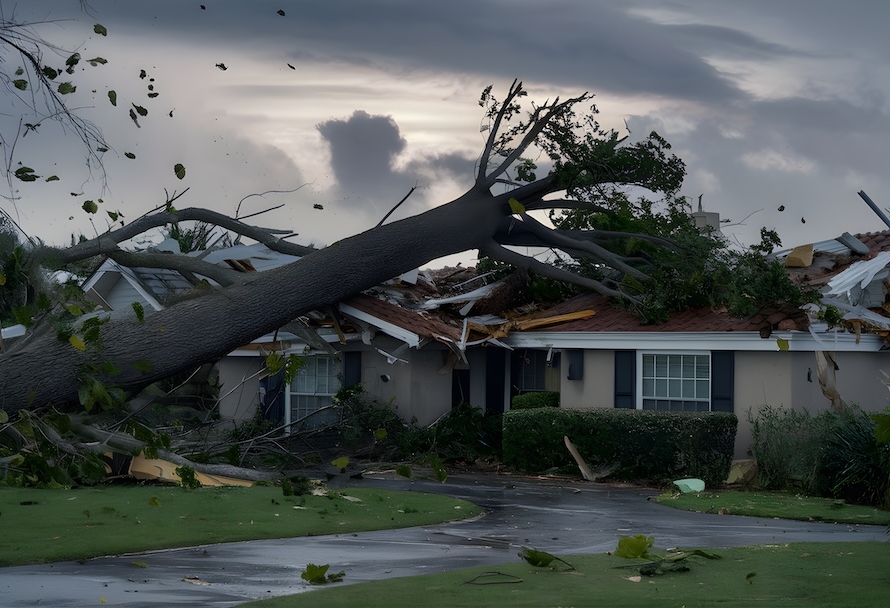It depends on whether it is an equal cash value policy or a recoverable depreciation policy. If either policy is good, and you have good coverage, yes. The insurance company is held to the policy standards to restore the property to its pre-loss condition.
What Happens If My Entire Home Is Destroyed? Will I Receive The Value Of The Entire Property?
Receiving the value of your entire property depends on what the policy says. In the event of a total loss, you would seek the policy limits. If the policy limits reflect what the property is worth, then the policyholder can be reimbursed for the entire amount. There is also an allowance for the policy limits to be exceeded by 20% of the policy’s total value if the home needs to be brought up to code.
You can also file Civil Remedies Notice (CRN) to seek an excess verdict or to seek an amount greater than what the policy limits are. The CRN is a notice that must be filed before filing a bad faith action, discussed more below. During the discovery process, our firm looks for bad faith. But those cases take a very long time. It’s better to make sure you have a good policy.
When Does My Insurer Have To Pay Me After Settling A Claim? How Soon Does That Generally Happen?
Florida law states that an insurance company has to issue the check 20 days from the date that a signed release is received. If they take longer than 20 days, they also may owe interest and attorney fees.
Does The Insurance Company Have To Explain In Detail Why It Denied The Claim?
Yes, insurance companies are required by Florida law to give an explanation about why they’re denying the claim. They are required to tell which part of the policy that they’re relying on and list that exclusion. If they do not do this, that is grounds for a bad faith claim.
How Long Does The Insurance Company Actually Have To Respond To A Claim In The First Place?
Insurance companies are required to send a notice of claim letter as soon as the claim is received. Barring extenuating circumstances, they have 90 days to adjust the loss. Extenuating circumstances might be something such as a hurricane or being unable to get a hold of the homeowner due to travel or a medical condition.
In The Event Of A Major Natural Disaster, Do Insurance Companies Have Longer To Respond To Claims?
Yes. A judge is going to look at all extenuating circumstances such as natural disasters. If the insurance company gets hit with a hurricane, they’re going to have tens of thousands of extra claims, and they’re going to be hiring adjusters from all over the country to help with adjusting of losses. On a case-by-case basis, investigations will probably take more than 90 days. A judge would probably agree with an insurance company that such a natural disaster does meet the requirements of an extenuating circumstance, which allows the insurance company to take more than 90 days to investigate a claim. If insurance companies are playing games, or if you can show they’re scheduling inspections but not showing up, then maybe a judge wouldn’t consider the major event an extenuating circumstance.
When Can Or Should I File A Lawsuit Against The Insurance Company?
It takes 90 days to investigate a claim though sometimes the insurance company will make a decision sooner. If you, the homeowner, do not agree with their adjustment of the loss, you can then sue, which gives the insurance carrier ten more days to review the claim and figure out if they want to cover it or not. Barring extenuating circumstances, the longest time is 101 days from when the claim is first reported.
Are There Any Specific Requirements For Filing A Civil Remedies Notice (CRN)?
Yes, specific requirements exist for filing a Civil Remedies Notice (CRN). In Florida, you must file a CRN before pursuing a bad-faith action against your insurance company. The notice must include specific information, such as your contact details, policy number, a statement describing the insurance code violation, and a demand for resolution. Ensuring that your CRN is filed correctly and includes all the necessary information to strengthen your case is crucial.
Is It Necessary To Hire An Attorney To Handle My Insurance Claim?
While hiring an attorney to handle your insurance claim is not mandatory, it can significantly benefit your case. An experienced attorney can guide you through the complex legal process, advocate for your rights, and ensure you receive the maximum compensation you are entitled to. They have the knowledge and expertise to navigate insurance policies, negotiate with insurance adjusters, and, if necessary, represent you in court. By having a legal professional by your side, you increase your chances of a successful claim outcome and protect yourself from any bad faith practices by the insurance company.
Schedule a FREE Consultation.
Submit your case details swiftly through our contact form for Payne Law’s prompt review and response.
Error: Contact form not found.



